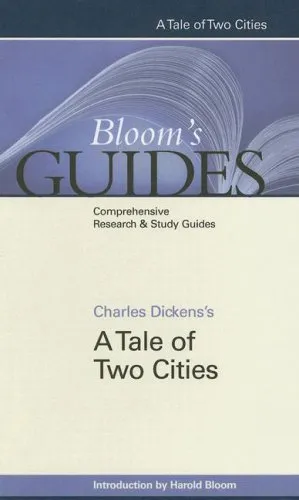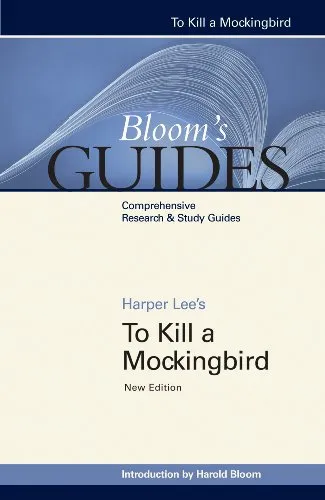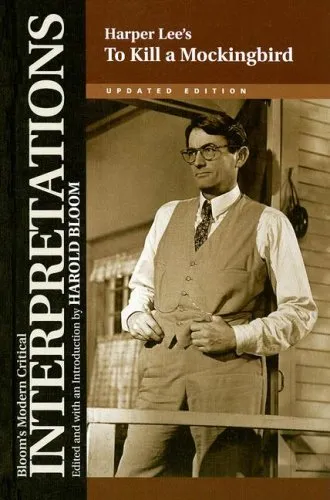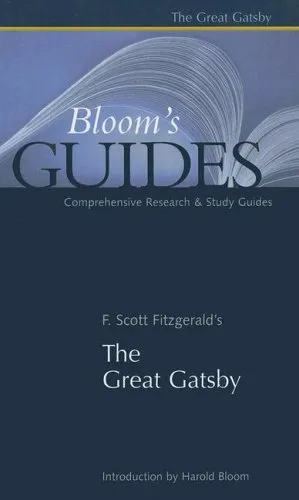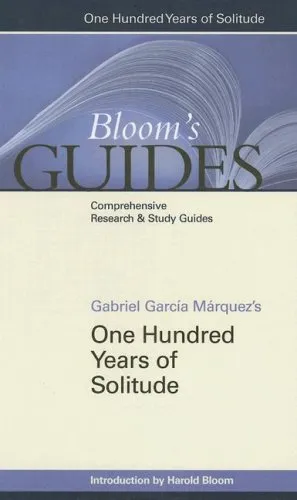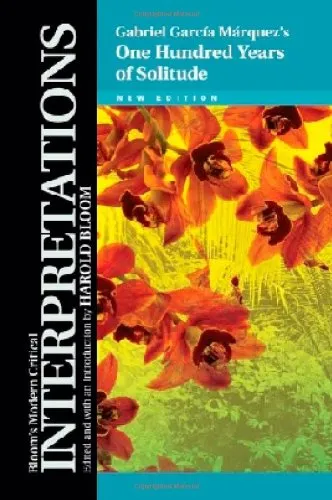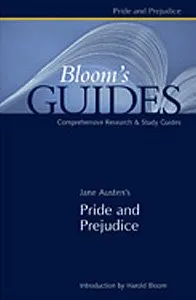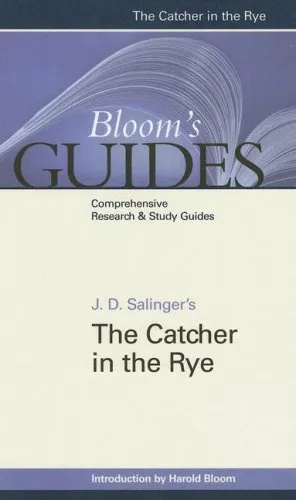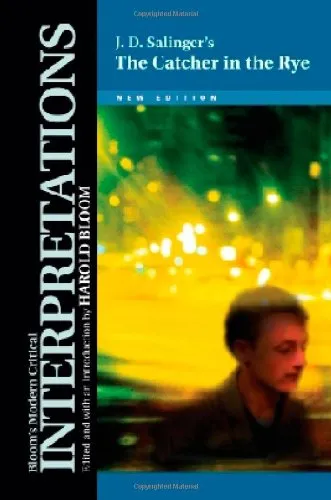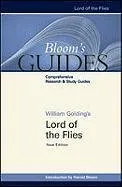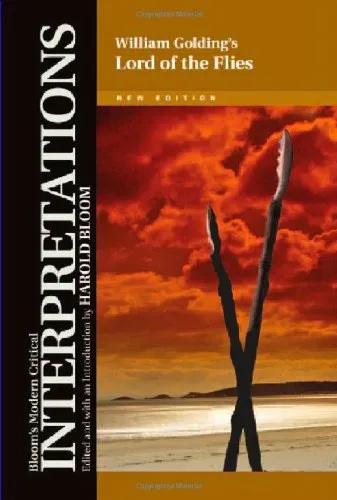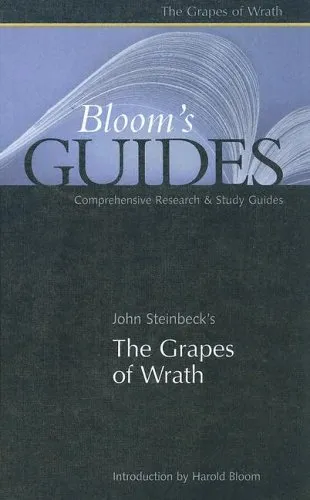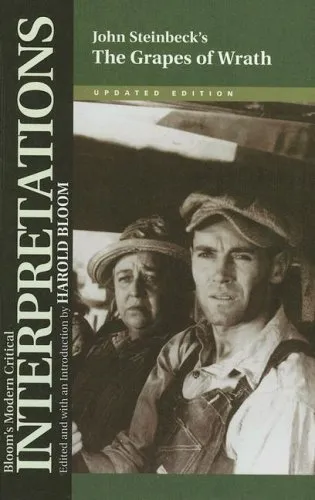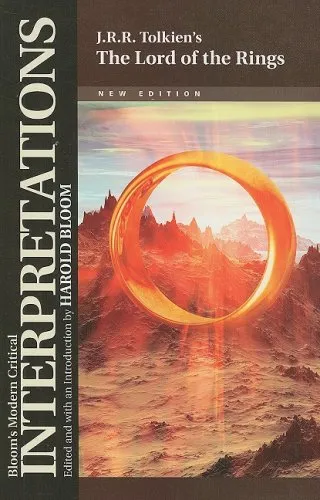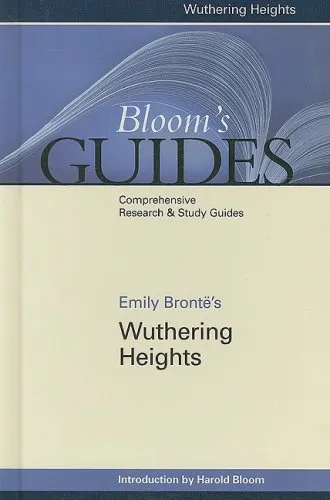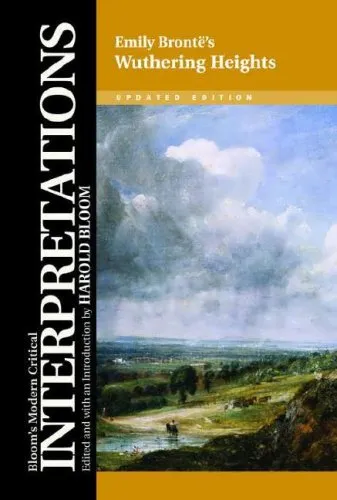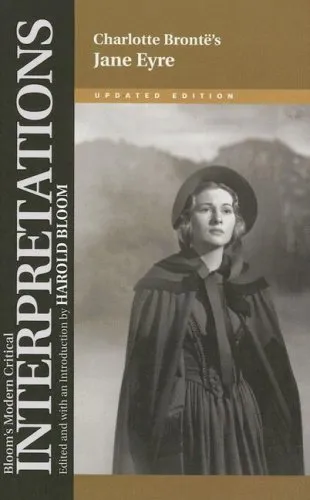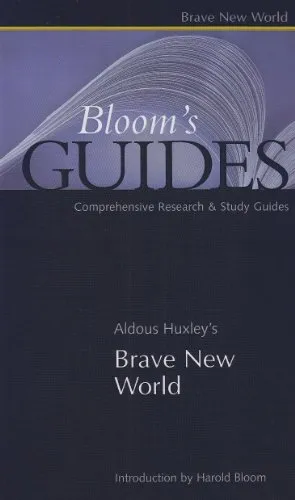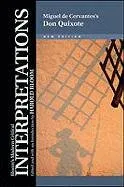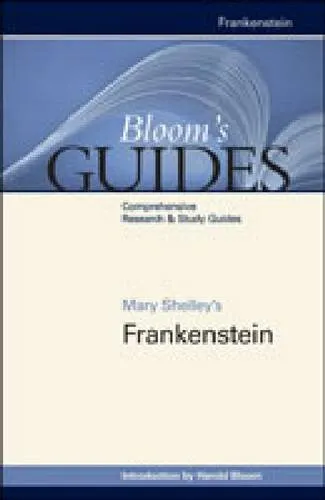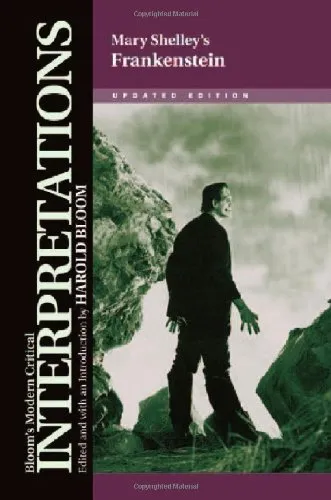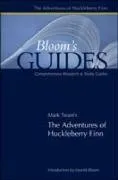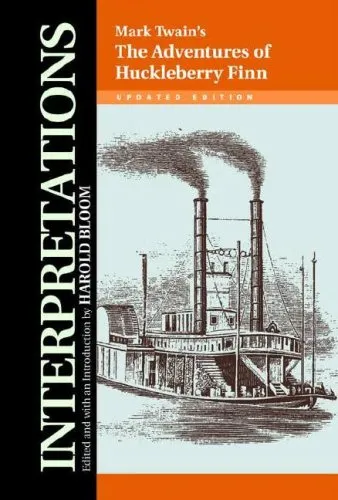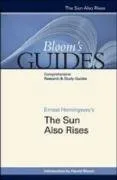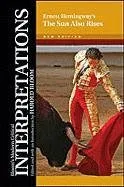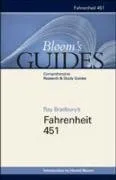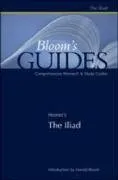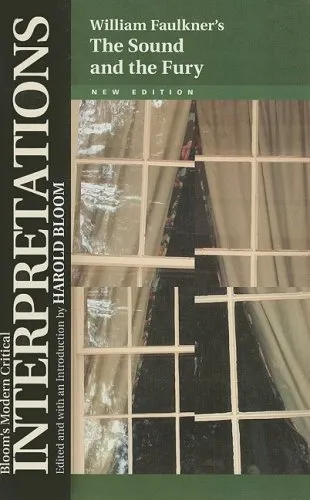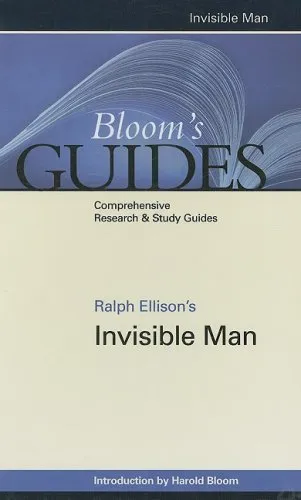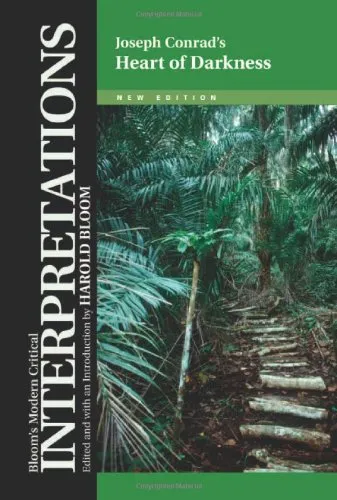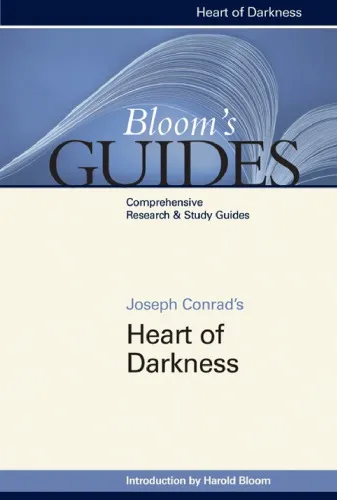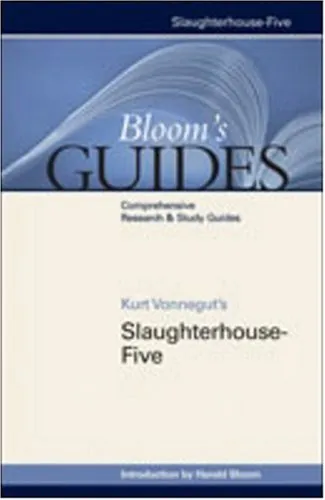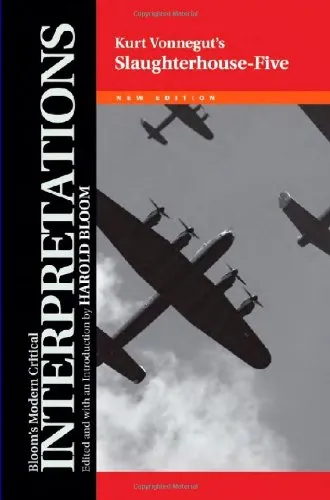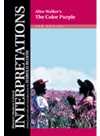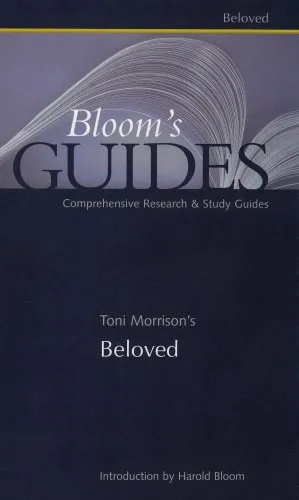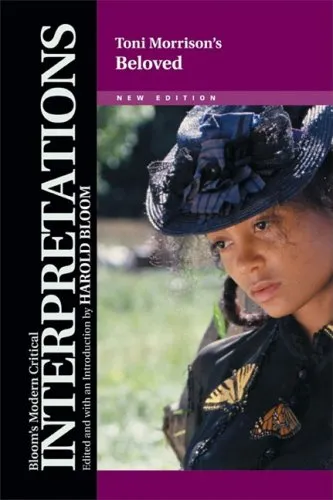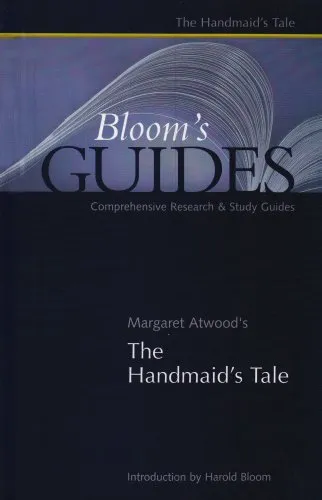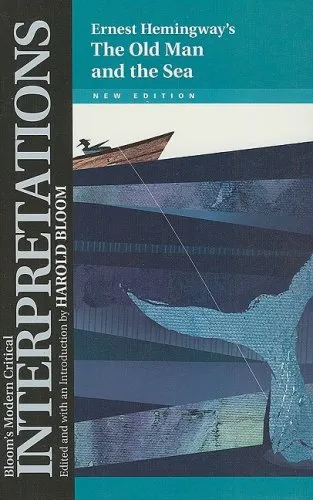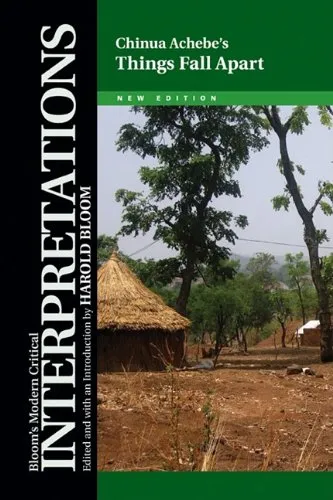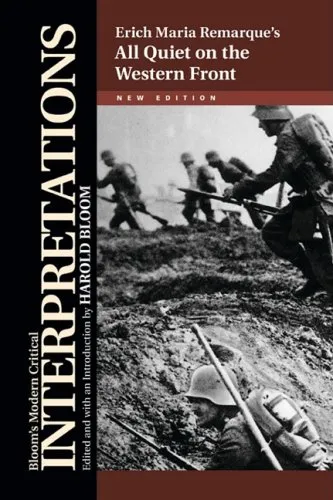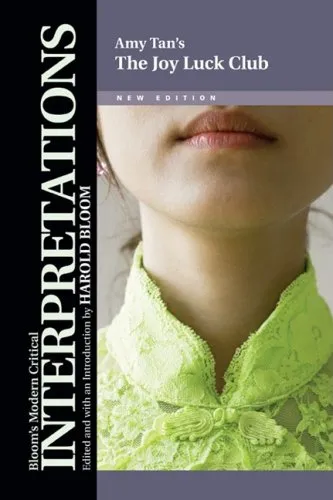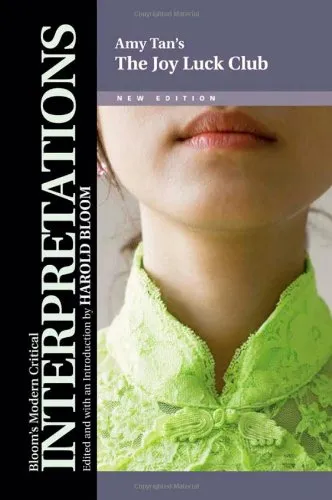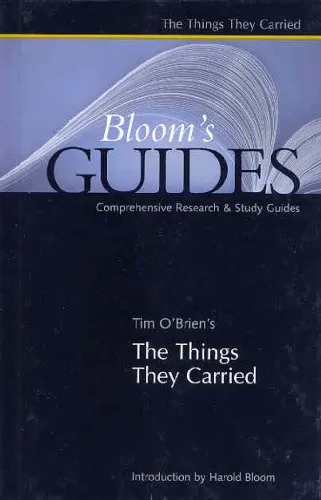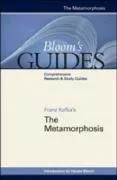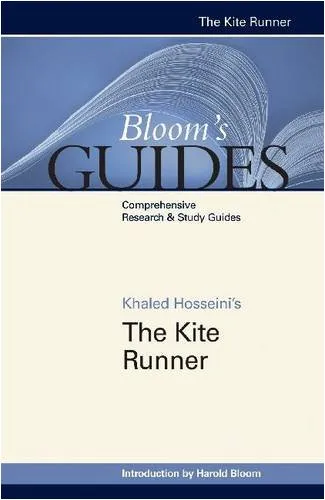Charles Dickens's A Tale of Two Cities (Bloom's Guides)
4.3
Reviews from our users

You Can Ask your questions from this book's AI after Login
Each download or ask from book AI costs 2 points. To earn more free points, please visit the Points Guide Page and complete some valuable actions.Related Refrences:
Persian Summary
Introduction
Welcome to this comprehensive guide on Charles Dickens's "A Tale of Two Cities." Designed to enrich your reading experience, this guide offers in-depth analyses, explanations, and insights that will illuminate Dickens's spectacular novel. By examining the complex themes, memorable characters, and historical relevance of "A Tale of Two Cities," this guide aims to enhance your understanding of why this classical work continues to resonate with readers across generations.
Detailed Summary of the Book
"A Tale of Two Cities," set against the catastrophic backdrop of the French Revolution, is a profound narrative that explores dualities, resurrection, and the tension between chaos and order. The novel opens with one of the most famous lines in literature: "It was the best of times, it was the worst of times..." Dickens weaves a compelling tale of two cities, London and Paris, while delving into themes of sacrifice, redemption, and resurrection.
Dr. Manette, wrongfully imprisoned in the Bastille for 18 years, finds his release into a world unfamiliar. In London, he reunites with his daughter, Lucie Manette, who becomes the focal point of his rehabilitation. Lucie embodies compassion and hope, serving as a beacon of goodness throughout the novel.
Amidst the chaos of revolutionary France, we encounter characters such as Charles Darnay—an exiled French aristocrat who renounces his legacy to forge a new life in England—and Sydney Carton, a dissipated English lawyer who finds redemption through his unrequited love for Lucie. The narrative crescendos to a powerful climax of sacrifice, as Carton's ultimate act of redemption underlies the poignant message of hope amidst turmoil.
Key Takeaways
By diving into "A Tale of Two Cities," readers gain an appreciation for the enduring nature of Dickens's themes and storytelling techniques. Critical takeaways from this novel include:
- The Fragility of Society: Dickens's portrayal of the French Revolution serves as a cautionary tale about societal upheaval and the cyclical nature of history.
- The Power of Redemption: The character arcs of Sydney Carton and Dr. Manette highlight the transformative power of love and sacrifice.
- The Duality of Human Nature: Dickens illustrates the coexistence of good and evil within each society and individual, a recurring motif brought vividly to life through the juxtaposition of the two cities.
Famous Quotes from the Book
Dickens's novel is replete with powerful and evocative language. Here are some memorable quotes that capture the essence of the narrative:
- "It was the best of times, it was the worst of times, it was the age of wisdom, it was the age of foolishness..."
- "A wonderful fact to reflect upon, that every human creature is constituted to be that profound secret and mystery to every other."
- "It is a far, far better thing that I do, than I have ever done; it is a far, far better rest that I go to than I have ever known."
Why This Book Matters
"A Tale of Two Cities" remains a critical examination of human resilience and the triumph of the human spirit in the face of adversity. Dickens's masterful narrative serves as a timeless commentary on social justice, personal sacrifice, and the enduring quest for redemption. Through rich character development and intricate plot lines, Dickens not only provides historical context but also sheds light on universal experiences and emotions.
In today's world, "A Tale of Two Cities" is especially poignant, reminding us of humanity's capacity for compassion amidst chaos. As readers traverse the complex landscapes of London and Paris, they are invited to ponder their own moral compasses and the collective power of societal change.
Free Direct Download
You Can Download this book after Login
Accessing books through legal platforms and public libraries not only supports the rights of authors and publishers but also contributes to the sustainability of reading culture. Before downloading, please take a moment to consider these options.
Find this book on other platforms:
WorldCat helps you find books in libraries worldwide.
See ratings, reviews, and discussions on Goodreads.
Find and buy rare or used books on AbeBooks.
1702
بازدید4.3
امتیاز0
نظر98%
رضایتReviews:
4.3
Based on 0 users review
Questions & Answers
Ask questions about this book or help others by answering
No questions yet. Be the first to ask!
